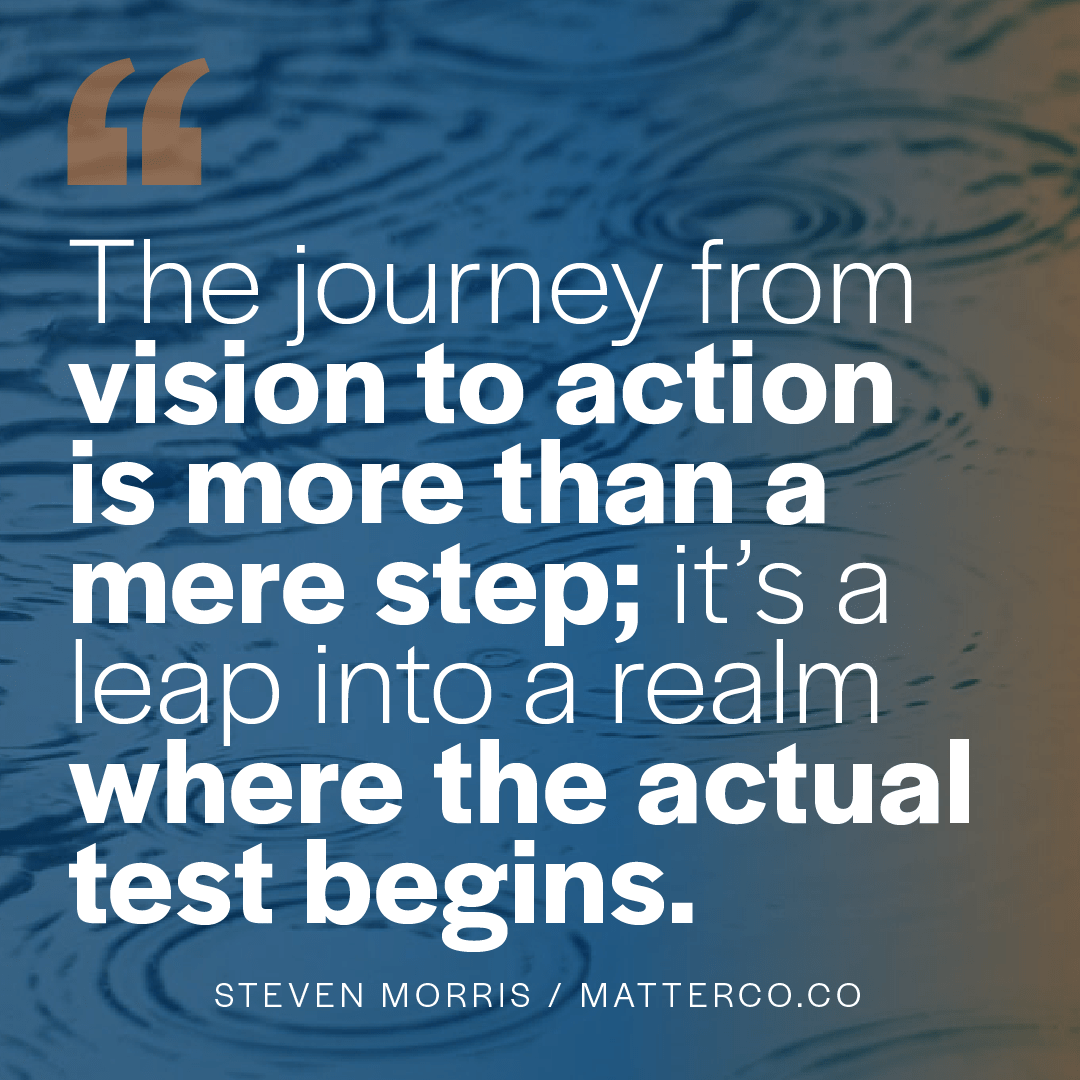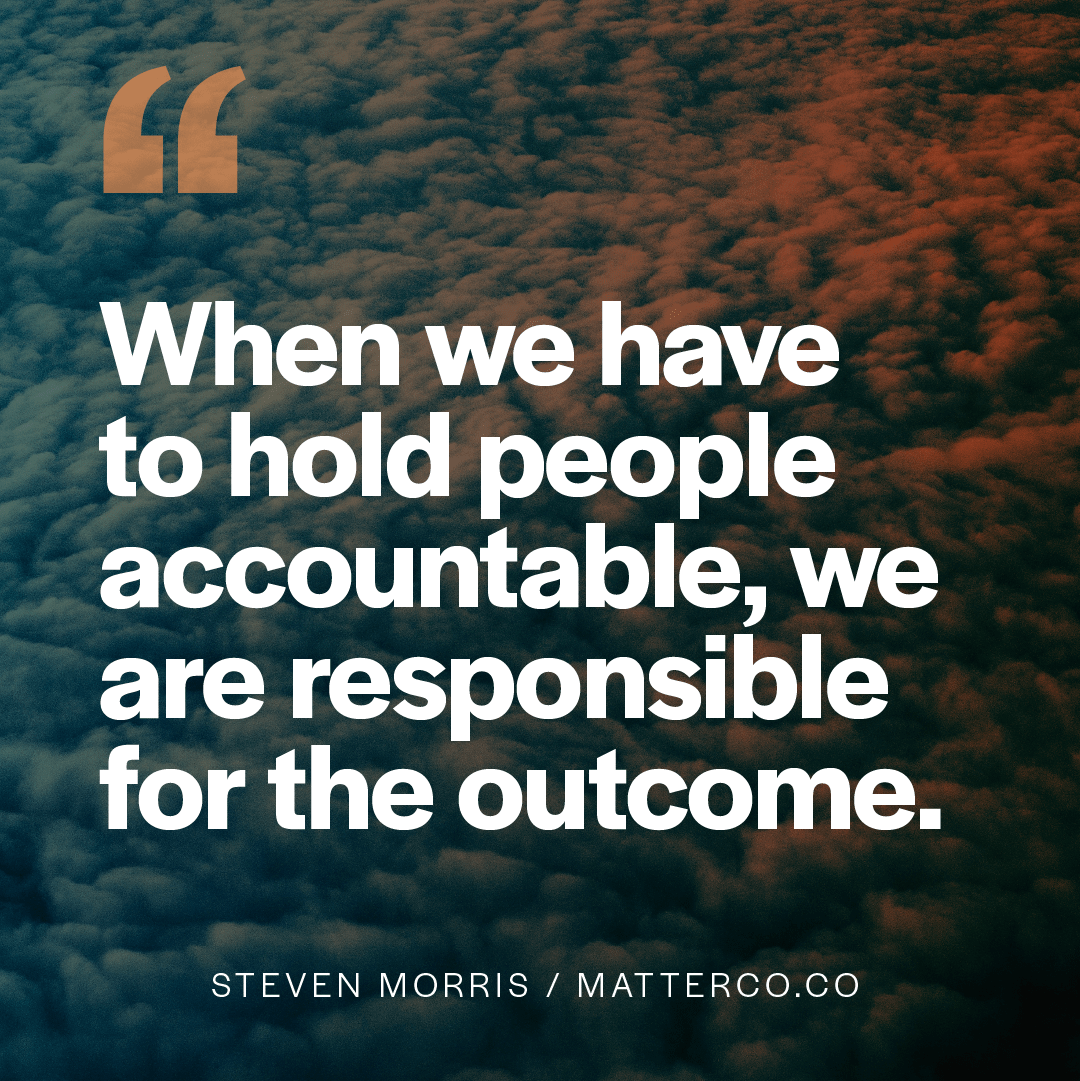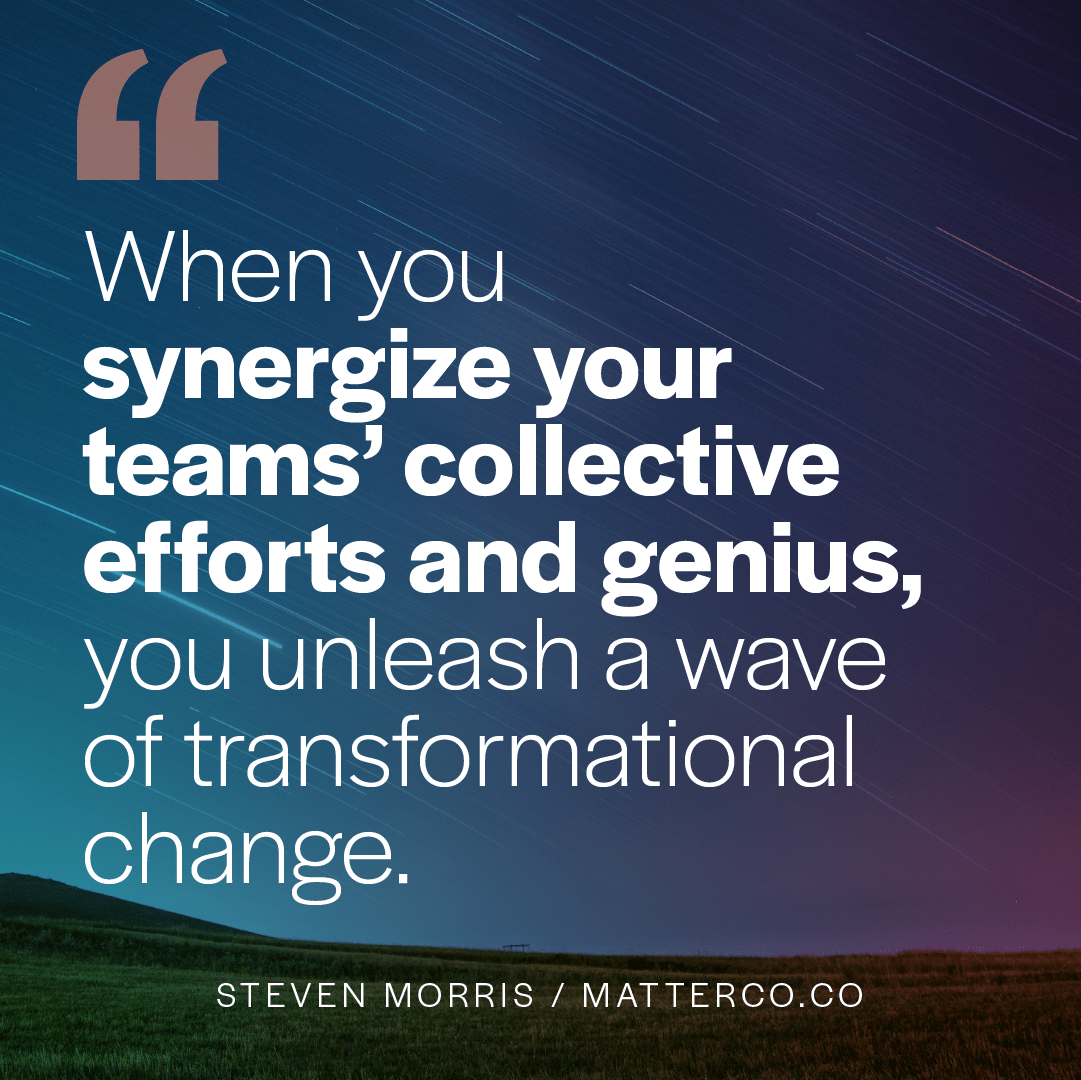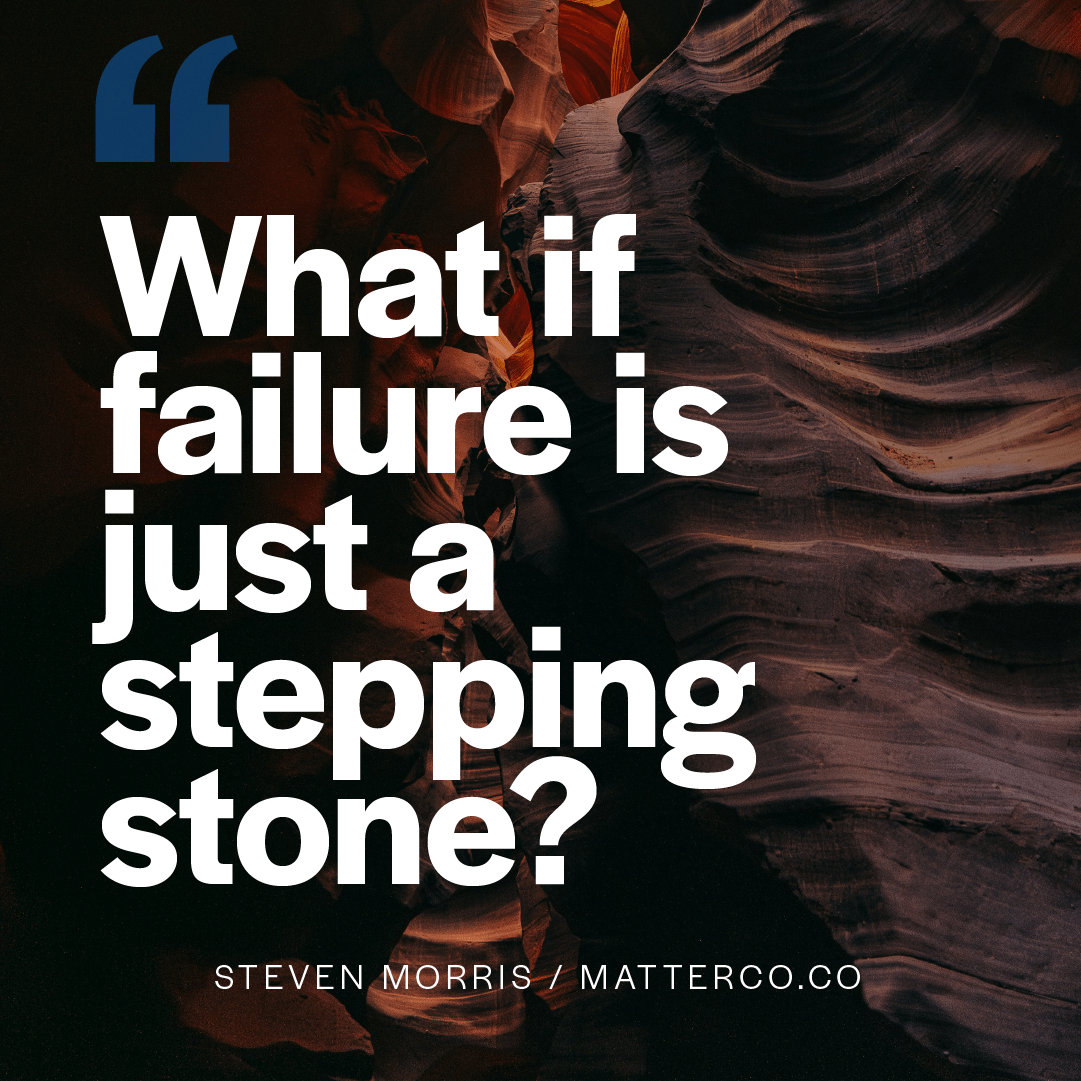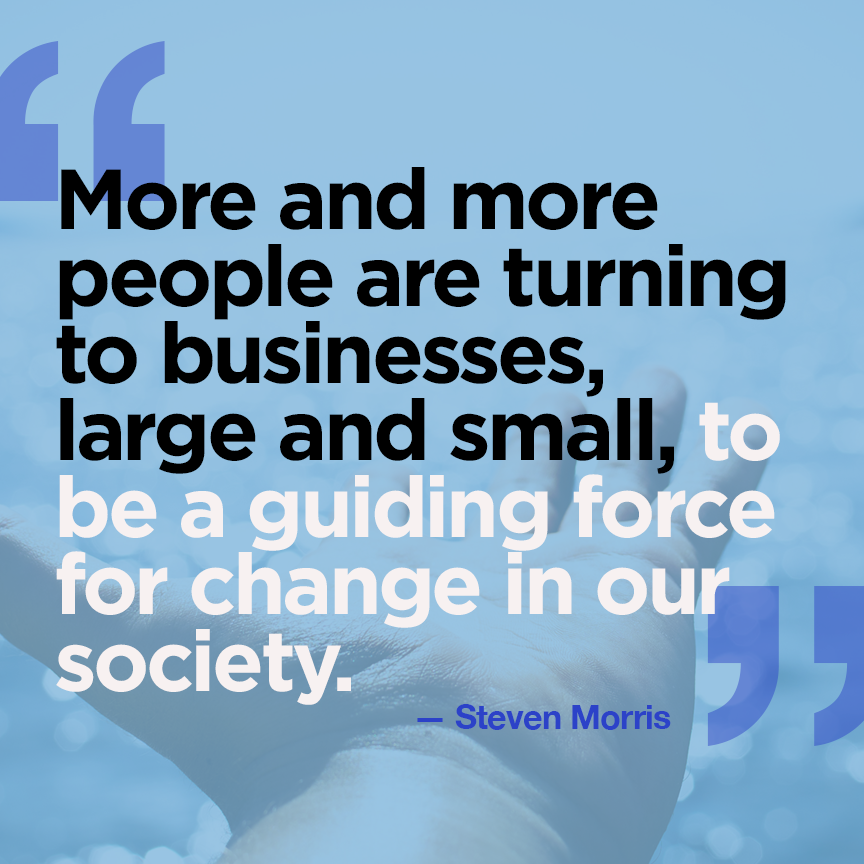
What Keeps Leaders Up at Night
Last month while running an executive leadership offsite the CEO asked me a poignant question.
“The biggest challenge we’re facing in our organization is change—change in the market landscape, and change in the ways we recruit, hire, and keep employees engaged. How will going through this brand program help us address these changes?”
Fair question.
Here’s my response.
“To address both issues, you need to make it about people and beliefs. Because a brand is ultimately about the character of your business, it’s a people issue. It’s about your people and your customers—what you both believe and how they attract one another. What you care about defines how you do business. How you do business and the value that creates, defines who’s attracted to you. This brand evolution program will mine and activate your beliefs. It will put the spotlight on your values and your value to customers. We’re going to create your unignorable brand magnetism.”
The opening lines to the summary of the 2018 Earned Brand Report by Edelman reads, “Today more than ever; consumers are putting their faith in brands to stand for something. To do the right thing. To help solve societal and political problems.”
Cultural trust has diminished for large institutions including, but not limited to, our political landscape. More and more people are turning to businesses, large and small, to be a guiding force for change in our society. Business matters. Meaning matters. Business leaders have the fertile opportunity, right now, to do something with and for all the people that relate to your company. Be grateful for this opportunity that’s in front of you.
The C-Suite in many organizations still has its fair share of skeptics about what an evolved brand will do for them. I hear this frequently as I work with and speak to audiences across the country and industry sectors.
Brand evolution is an investment in your business. Leaders I work with are looking for clear outcomes from a brand evolution. They want to see the connections between their brand investment, their short- and long-term health, and the profit centers within their businesses. They need their problems solved. Rightly so. It’s their job and my job, too.
The impetus behind any brand evolution is an economic goal. And it’s a people thing—culture, customers, partners, investors, donors. It’s no longer enough for brands to just deliver a decent product, look good, and be seen. Consumers and employees are insistent on being aligned with meaningful attributes that create alignment in values.
They want to be connected to the beliefs of your brand. They want to belong to it. If they don’t, they’ll go elsewhere.
Only when economic circumstances are painful enough—loss in market-share, diminished reputation, lost opportunities to reach a larger audience, or customers switching to a more meaningful competitor brand—do business leaders take the courageous step of a brand evolution. The good news is there are solutions.
Wondering what to do? Here are my suggestions:
- Get seriously clear about the real reason you’re in business. Then, commit to it.
- Take a stand for what your organizational beliefs are—and go public with them.
- Turn your beliefs into accountable behaviors throughout your organization. Then, measure what you do.
- Know your real customer, and be courageous in articulating your POV so they get it.
- Create better (more humanized) marketing that is less about selling and more about creating long-term customer relationships. Listen to what they have to say.
- Be real. Be honest. And work to earn the trust of your people (inside and outside).
- Kill most of your ad budget and invest that money into your people and innovation.
- Reconfigure your recruitment, vetting, hiring, and training practices to ensure you’re bringing on the right people for the right roles.
- Get over the notion that your customers are easily replaced, and instead, focus on providing real value.
Some startling statistics from Edelman:
- 64% of people say that CEOs should take the lead on change rather than waiting for the government to impose it.
- 1 in 2 people are belief-driven buyers. They choose, switch, avoid, or boycott a brand based on its stand on societal issues.
- 67% of people bought from a brand for the first time because of its position on a controversial issue.
- 60% of people agree that brands should make it easier for me to see what their values and positions on important issues are when I am about to make a purchase.
- 56% of people agree that marketers spend too much time looking for ways to force me to pay attention to their messages and not enough time thinking of ways to make me want to pay attention.
The Edelman Report is a free download that can be accessed here.
If you want a more trusting team, a culture of belonging or a magnetic brand that attracts more of the right customers, I can help. If you'd like to explore if working together makes sense, drop me a line.




